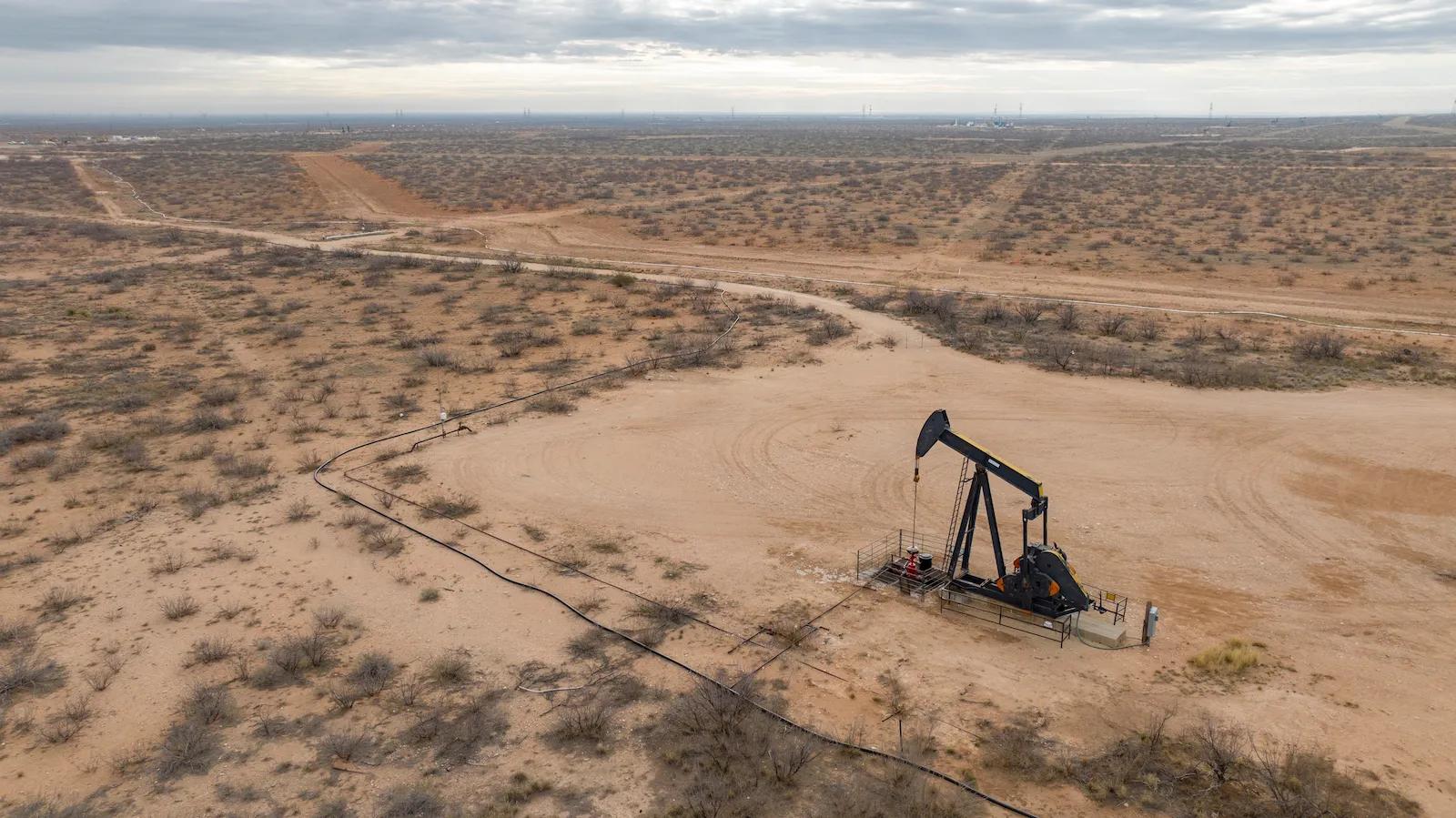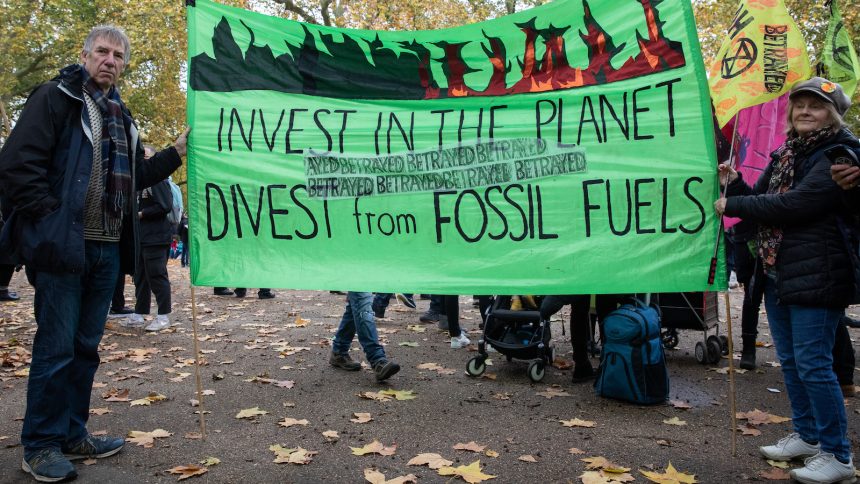Samantha Gonsalves-Wetherell, a senior at the University of Arizona, has been advocating for the university to address climate change. As a leader of UArizona Divest, her group has outlined three objectives: to divest from fossil fuels by 2029, refrain from further investments in this sector, and implement socially responsible investing goals.
One issue is that the university not only invests in but profits from nearly 700,000 acres of land taken from Indigenous nations, which are earmarked for oil, gas, and mineral leases. This stunning revelation, based on a Grist investigation, has sparked outrage among university activists, who feel that the institution is complicit in climate change and societal injustice.
Despite this troubling reality, some universities have seen success in advocating for divestment from fossil fuels, but there is more work to be done. Universities are being urged to shift harmful investments and avoid practices that negatively affect Indigenous lands and people.
The hope is that students can influence their institutions to stop profiting from stolen lands, particularly when considering the disproportionate harm that climate change is inflicting on Native peoples.

Nadira Mitchell, a Navajo student at University of Arizona, is studying natural resources and aims to work for her tribal nation one day. She finds it perplexing how Indigenous people are disproportionately affected by climate change while universities continue to invest in fossil fuels.
The pressing issue here is advocating for change and ensuring that practices that are harmful to Indigenous lands and people are brought to a halt.






